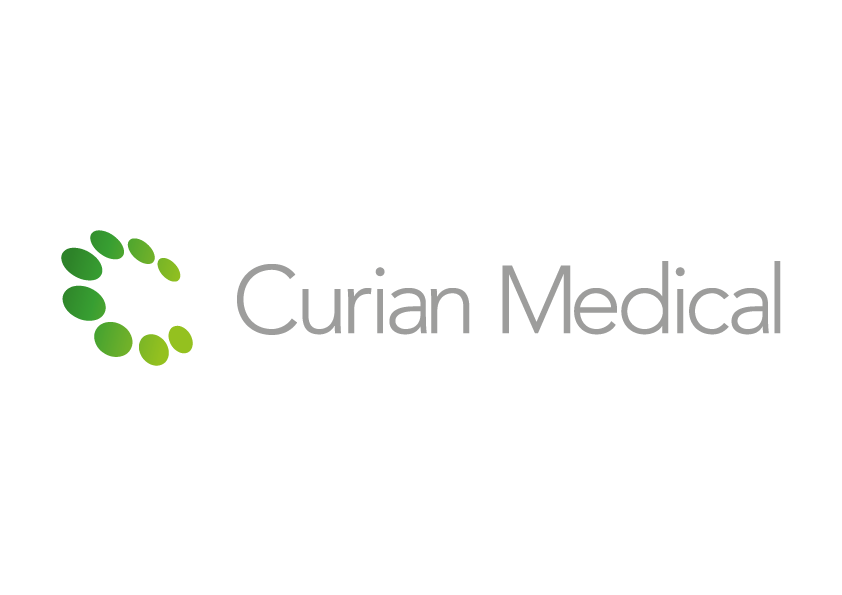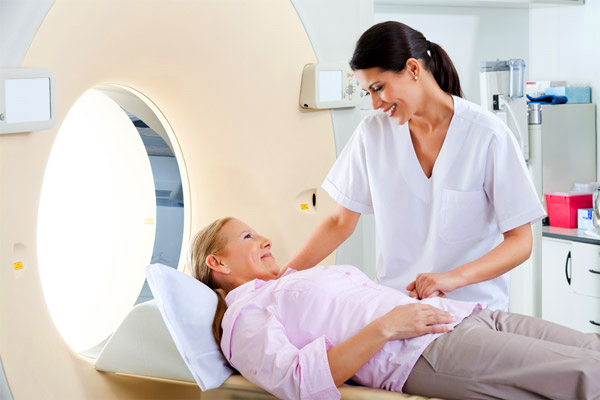
Nerve Conduction Studies
As part of our suite of services Curian Medical offer nerve conduction studies throughout the country.
What are nerve conduction studies?
Nerve conduction studies help to test how well and how fast nerves conduct electrical signals.
A nerve conduction study (NCS) is a medical diagnostic test commonly used to evaluate the function, especially the ability of electrical conduction, of the motor and sensory nerves of the human body. These tests are performed by medical specialists such as specialists in clinical neurophysiology. Nerve conduction velocity (NCV) is a common measurement made during this test.
How do nerves work?
Nerves act a bit like electrical cables. They use electrical impulses (waves of electricity) to allow communication between the brain and all the other parts of the body. The brain can send signals, in the form of electrical impulses via the spinal cord to the peripheral nervous system. Peripheral nerves can be ‘motor’ nerves, which means they are attached to muscles and cause the muscles to contract (clench). They can be ‘sensory’ nerves, which means they are attached to special body sensors which detect things like heat, pressure, touch, etc. Or they can be mixed nerves, which means they have both a motor and a sensory part. Motor nerves use electrical signals to make muscles move. Sensory nerves send information about the environment back to the brain in the form of electrical impulses.
To work well, most nerves need to be surrounded by a special substance called myelin. Myelin provides a form of insulation for nerves, helping to keep the electrical impulses within the nerve fibre. If nerves are damaged the electrical signal often moves slower through the nerve fibre. The speed of the nerve impulse is one of the things that can be detected by nerve conduction studies.
What are nerve conduction studies used for?
Nerve conduction studies are used for a wide variety of reasons including:
To check for ‘trapped’ nerves – conditions such as carpal tunnel syndrome.
To assess nerve damage following an injury.
To check for damage to nerves, caused by conditions such as diabetes.
To test for conditions affecting the nervous system.
How do nerve conduction studies work?
Small electrical pulses made by a machine are used to mimic the electrical signals made by nerves. By attaching an electrode (small device that is able to detect electricity or supply electricity) to the skin the nerve can be stimulated with a very small electrical pulse. If the nerve is attached to a muscle, the muscle will contract in response to the electrical signal.
To test sensory nerves, the electrodes are usually attached to the fingers or toes with another electrode either at the ankle or wrist. When the electrical pulse is applied to the fingers or toes the sensory nerve carries the electrical signal away from the arm or leg. The electrode at the wrist or ankle detects the electrical impulse when it reaches that point.
The electrodes are connected to a machine which generates the impulses and detects them. It can measure the time taken for the impulse to travel in the nerve from the first electrode to the second. This information, plus the distance between the two electrodes, can be used to work out the speed at which the impulse is travelling along the nerve. Nerve conduction studies can also be used to measure whether the size of the electrical impulse decreases as it travels along the nerve.
What happens during nerve conduction studies?
In this test, several electrodes are attached to your skin with tape or a special paste. A pulse-emitting electrode is placed directly over the nerve to be tested. If the nerve controls a muscle, a recording electrode is placed over the muscles under control of that nerve. Several quick electrical pulses are given to the nerve. The electrical pulses are very brief and feel like a sharp tapping sensation on the skin. Most people do not find this too uncomfortable. The time it takes for the muscle to contract in response to the electrical pulse is recorded. The speed of the response is called the conduction velocity.
Our Curative Team co-ordinate these tests on a regular basis utilising our panel of experts, ensuring appointments are allocated at the earliest opportunity. We offer cost effective fixed fees for these tests.
If you would like to learn more about this service or indeed any of our nationwide rehabilitation services then please do feel free to contact Amanda O’Neill on 0121 236 8377 or [email protected]











